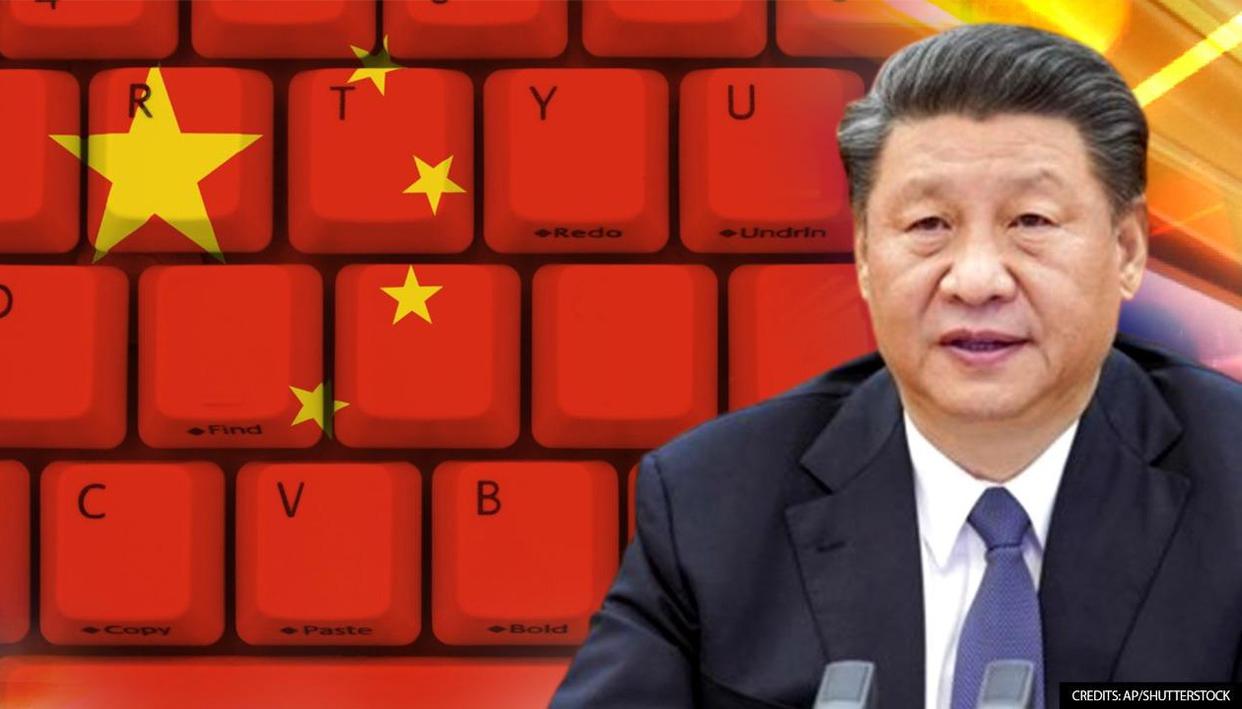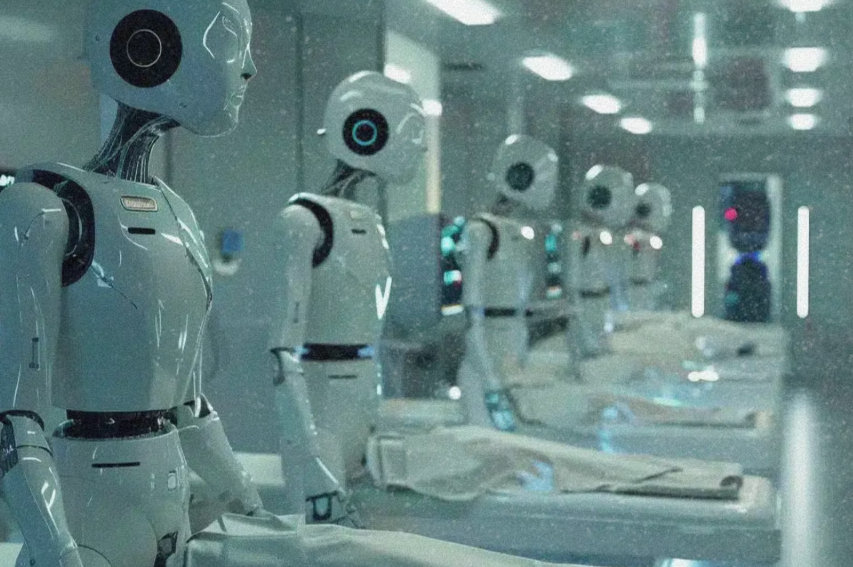MP Dr. Wijeydasa Rajapakshe lambasts Xi Jinping over economic invasion, corruption and debt-trapping Sri Lanka: “Hambantota Port was a corrupt deal of a high magnitude”
By R. R. M. Lilani
MP Dr. Wijayadasa Rajapakshe, President’s Counsel and a stalwart politician in the current regime, warned Chinese President Xi Jinping that the future Sri Lankan leadership would cancel all corrupt Chinese projects and deals in Sri Lanka, and that China should stop invading the island nation economically.
He called the Hambantota Port project offered to China, ‘was the most corrupt transaction of a very high magnitude that has ever occurred in the history of Sri Lanka’.
Because the current Sri Lankan administration is firmly entrenched in China, a bitter rivalry between China and India is brewing on the island rather than within their respective borders.
Dr. Rajapakshe was one of the few courageous politicians who spoke out against China’s debt trap, and had the audacity to write to Chinese President Xi Jinping about ‘enhancing mutual cooperation and rebuilding reciprocal trust and confidence between the two countries.’ His six-page letter, dated 3 January 2022, revealed China’s eagerness to trap Sri Lanka with projects that did not produce the expected results but were financed by unsolicited commissions paid to local politicians.
The thorny letter to Jinping, hand delivered to the Chinese Ambassador in Colombo, the MP, a former Justice Minister and Education Minister, warned that the next national election, whether presidential or parliamentary, would be combined with a referendum to seek a mandate from the people to restructure or cancel all agreements/contracts that are harmful or disadvantageous to Sri Lanka. It would also apply to transactions secured by China through corruption, he said, adding that Sri Lanka would not be obligated to repay any loans obtained through such contracts.
“In the event of any restructuring, under no circumstances the period of any agreement will be permitted to exceed a period of 15 years from the date of the inception of such contracts,” he noted.
He stated that any agreement China had made with Selendiva (A private company that leases land to China in Colombo) to take over lands in Colombo would be declared null and void ab initio, with no compensation or payment of damages.
Dr. Rajapakshe, had to resign from his cabinet portfolio because he couldn’t stomach the rate of corruption involving China and had previously openly criticized both the government and the Chinese. Last year, he launched a scathing attack on both President Gotabaya Rajapaksa and his brother, SLPP strategist Basil Rajapaksa, the current Finance Minister, over the Colombo Port City Economic Commission Bill.
To begin, he wrote to Jinping that the relationship of goodwill and friendship with China could be traced back to the pre-BC era. Bikkhu Faxian visited Sri Lanka during his voyage and noted valuable and longstanding historical connections that both shared.
He stated that China’s leaders were remarkable both before and after 1952, and that the China-Ceylon Rubber-Rice Pact in 1952, during the Vietnam War, was a high watermark of ties despite much opposition from the world’s powers.
He stated that the Chinese leaders were highly commended and remarkable to Sri Lanka at the time because they were gracious enough to extend the grants of the BMICH complex during Sirimavo Bandaranaike’s tenure as Prime Minister and the Supreme Court Complex built during J R Jayawardena’s tenure.
However, he stated that the China’s One Belt One Road (OBR) diverted the two countries’ ties under the guise of strengthening China’s forward policy and economic strategy.
“It is plain that your friendship with us is no longer genuine and candid; instead, you use our relations to achieve your ambition of becoming a world power at the expense of our innocent people’s lives.” “You are dismantling the peace in our region as well as the world by making our nation the first victim of your power struggle with other nations of powers that be,” he added.
He also stated that China initiated the process of making Sri Lanka bankrupt in the economic sphere and then severing ties with all friendly countries that have been enormously supportive of Sri Lanka throughout its history, including India, Japan, Korea, the United States, European countries including the United Kingdom, Australia, and, in time, Soviet Russia.
He claimed that the current state of affairs with China was predicted by then-Prime Minister Sir Johan Kotelawala, who stated at the Bandung Conference in Indonesia in 1955 that “‘in decades to come, there will be no invasion from Europe into our region, instead, the Chinese economic invasion will dismantle our region’s peace, exposing us to danger.” How accurate was that prediction 65 years ago,” he said.
He went on to say that China had taken advantage of Sri Lanka in the Hambantota port project.
“During China’s predecessor President Hu Jintao, our former president Chandrika B. Kumaratuna initiated the construction of a harbour in Hambantota and at Kumaratunga’s request, one of Chinese’ company preferred a quotation of USD390 million as the total cost of construction of the harbour in 2005,” he said.
However, when Mahinda Rajapaksa was elected president in November 2005, the port project was halted and later restarted with a new understanding and agreement on the initial deal offered by China, which was USD 580mn, but it ended up with a payment of around USD 1, 285mn as represented by heads of Sri Lankan government at the time.
“Our then-President Mahinda Rajapaksa shambolically entered into the agreement in order to obtain the entire cost (as he represented) as a loan with a commercial interest rate of more than 6%, despite the fact that we had never had loans from international communities or agencies with an annual interest rate of 0.01 percent to 1%.”
He emphasized that when the Rajapaksa government obtains loans with high interest rates from Chinese companies, as such commissions are never offered by internationally recognized lending institutions. Such payment of commissions is a crucial feature for Chinese companies to secure long-term viability.
“In addition, the Chinese government has been involved in a number of other transactions between Sri Lanka and China, including the South Terminal Port (CICT), the Norachcholai Coal Power Plant, Mattala Airport, the Lotus Tower, the Lotus Theatre, and the International Cricket Stadium at Suriyawewa. Except for the Norachcholai power plant, all of the other projects were a waste of time and money, with the ultimate goal of pushing Sri Lanka into debt and to take control the Sri Lankan economy with the ultimate goal of making this country a battleground in your quest for world power.”
He said that the public is convinced that if it weren’t for a commission, the Sri Lankan rulers would have not entered into two contracts with the Chinese government-owned companies to hand over full control of Hambantota port for 99 years, while rejecting the offer made by the company that built the said Harbour to operate and hand over the port in 35 years for a fraction of the price paid by the Chinese-owned company.
The MP also stated that he attempted to hold a one-day debate in parliament prior to the signing of the agreement on the port deal, but both the government and opposition groups joined forces to obstruct the proceedings, and the debate never took place.
“A few days before the debate, China gifted laptop computers to all 225 members of the parliament and placed them on their tables, except for mine, as I have opposed to such gifts given to MPs, as it is considered a bribe.
“Three cases are pending in the Supreme Court (SC), in which we have challenged the validity of agreements fictiously named as concessionary joint venture agreements (concession only for China) on the basis that the agreements infringe and violate people’s fundamental rights, and the cases are pending in the SC.”
According to him, another case has been filed seeking a writ of certiorari to quash a tax exemption granted to Hambntota port companies for a period of 25 years because the tax exemption was granted under an Act that has already been repealed by the legislature. The case is currently pending in court.
He also stated that due to China’s invasion and dominance at the Colombo Port South Terminal, which is adjacent to the newly created Colombo Port City, no investor from India, Japan, Australia, the United States, or Europe will come to invest.
He also noted that he doubted whether China duped Sri Lakan rulers into building the Nelum tower at a cost of USD 104 million (Rs 26 billion) with a loan obtained from China at a commercial rate of interest with their hidden agenda to use it for your communication and spy service in the future in their quest for power. The lotus tower has not been used for any purpose by the Sri Lankan government since its construction.
“Sri Lanka is currently isolated in the world, and we are confident that your presence will force us to go through a trite period in which our friendly countries and international organizations distance themselves from us and refuse to support us and our economy. The disadvantage situation is primarily due to the excessive accommodation we have made with China,” the MP stated unequivocally to Jinping.












